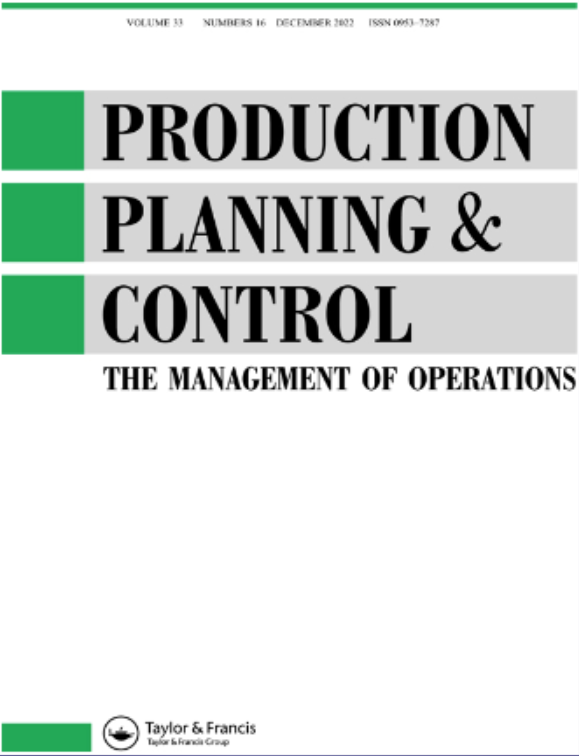项目组合管理实践对组织双元性与项目绩效成功之间关系的影响
IF 5.4
3区 管理学
Q1 ENGINEERING, INDUSTRIAL
引用次数: 11
摘要
一些研究表明,组织的双元性最好通过个人项目来协调。然而,独立的单个项目的范围相对有限,同时容易受到水平和垂直分割的影响。这可能使它们不适合作为组织两面性的渠道。相比之下,在投资组合中交付项目的组织,通常是为了最大限度地利用资源,可能会发现这些也为组织的两重性提供了更好的渠道。本研究不仅考察了项目组合管理(PPM)实践影响组织二元性编排的程度,还考察了这些编排好的PPM实践是否会进一步影响卓越的项目绩效。数据收集自2016年11月至2017年1月分布在中东8个国家的160个PPM利益相关者。研究发现,投资组合绩效与组织的双元性密切相关。此外,越多的组织表现出有效的项目组合管理实践,他们就越能发展出灵活的能力。本文章由计算机程序翻译,如有差异,请以英文原文为准。
The impact of project portfolio management practices on the relationship between organizational ambidexterity and project performance success
Abstract Some studies suggest that organizational ambidexterity is best orchestrated through individual projects. However, stand-alone individual projects are relatively limited in scope, while suffering from susceptibilities to horizontal and vertical segmentation. This may render them poorly suited to serve as conduits for organizational ambidexterity. By contrast, organizations which deliver projects in portfolios, often in order to maximize resource utilization, may discern that these also provide better conduits for organizational ambidexterity. This study examines not only the extent to which project portfolio management (PPM) practices impact orchestrations of organizational ambidexterity, but also whether these orchestrated PPM practices impact further lead to superior project performance. Data were collected from one hundred and sixty PPM stakeholders spread across eight countries in the Middle East November 2016 to January 2017. The study finds portfolios performance to be strongly and highly correlated with organizational ambidexterity. Furthermore, the more organizations exhibited efficient project-portfolio-management practice, the more they were found to develop ambidextrous capabilities.
求助全文
通过发布文献求助,成功后即可免费获取论文全文。
去求助
来源期刊

Production Planning & Control
管理科学-工程:工业
CiteScore
19.30
自引率
9.60%
发文量
72
审稿时长
6-12 weeks
期刊介绍:
Production Planning & Control is an international journal that focuses on research papers concerning operations management across industries. It emphasizes research originating from industrial needs that can provide guidance to managers and future researchers. Papers accepted by "Production Planning & Control" should address emerging industrial needs, clearly outlining the nature of the industrial problem. Any suitable research methods may be employed, and each paper should justify the method used. Case studies illustrating international significance are encouraged. Authors are encouraged to relate their work to existing knowledge in the field, particularly regarding its implications for management practice and future research agendas.
 求助内容:
求助内容: 应助结果提醒方式:
应助结果提醒方式:


